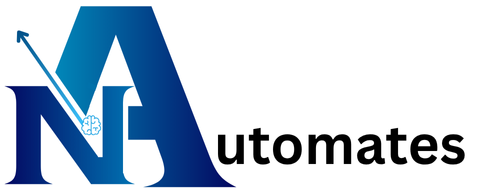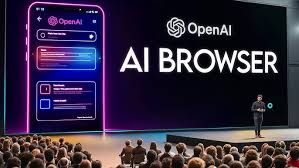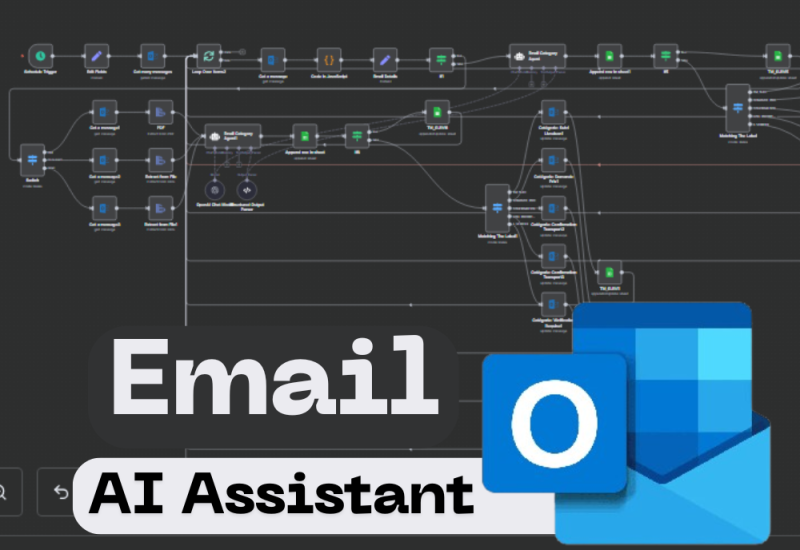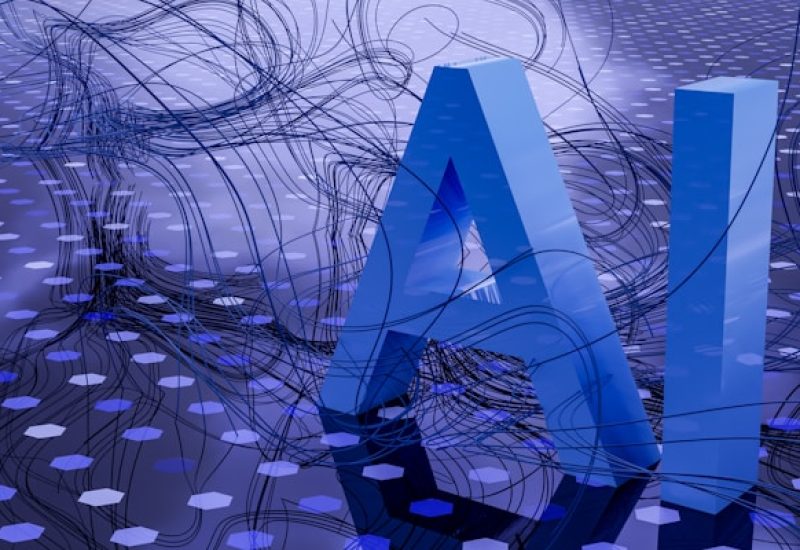In 2008, when Google Chrome first appeared, the world already had a favorite — Internet Explorer. Everyone used it because it came preinstalled, just like Chrome is today. But slowly, people started switching. Chrome was faster, cleaner, and lighter — it earned its spot.
Now, in 2025, history is repeating — but this time, OpenAI is the challenger. OpenAI’s new AI-powered browser promises a revolution: automation, instant summaries, and smart browsing. It sounds exciting… but here’s the truth — it’s not enough to win.
 1. People Don’t Switch What They’re Used To
1. People Don’t Switch What They’re Used To
The biggest reason Chrome will stay on top is simple — habits. People stick to what’s familiar. Chrome is the “default” for billions — it’s tied to Gmail, YouTube, Drive, Android, and even your saved passwords. OpenAI can’t just make users abandon that comfort zone overnight.
Just like Internet Explorer users once said, “Why change?”, Chrome users today feel the same way.
 2. Chrome Is Closing the AI Gap
2. Chrome Is Closing the AI Gap
OpenAI thought it had the edge with AI — until Google added Gemini directly into Chrome. Now Chrome can summarize web pages, autofill tasks, and even understand context.
In short: Chrome copied the best part of OpenAI’s idea before it even launched fully.
Every gap OpenAI tried to exploit, Google filled — and that’s the power of being the platform everyone already uses.
 3. OpenAI’s Business Model Is Fragile
3. OpenAI’s Business Model Is Fragile
OpenAI’s biggest battle isn’t just Chrome — it’s money.
It earns mainly from ChatGPT Plus subscriptions. Most users don’t pay. Investors keep pouring in billions, but OpenAI still runs at a loss.
They owe more than they earn, and they’re expected to pay back giants like Microsoft — the very companies that also benefit if OpenAI doesn’t dominate the market.
Meanwhile, Google’s Chrome is practically free to run — it feeds Google’s main business: ads and data. That’s a cash engine OpenAI doesn’t have.
 4. Small Businesses Will Stick With Chrome
4. Small Businesses Will Stick With Chrome
For small business owners, switching to a new browser isn’t about innovation — it’s about practicality.
Chrome already integrates their email, documents, and AI tools for free. OpenAI’s browser might be “smarter,” but not enough to justify change.
Most will say: “If Chrome already does the job, why move?”
 Final Thoughts
Final Thoughts
OpenAI’s browser might spark curiosity, but Chrome owns loyalty, habit, and the ecosystem.
The same way Internet Explorer lost to Chrome for being slow and outdated, OpenAI might lose to Chrome for being too early and too costly.
AI is booming, yes — but dominance takes more than intelligence. It takes time, money, and trust.
And right now, Google has all three.
 As AI keeps transforming the world, businesses must adapt.
As AI keeps transforming the world, businesses must adapt.
If you have manual tasks you want to automate, contact me — Hasnain Nisar.
Even if you’re not sure where to start, don’t worry. I’ll help you bring AI into your business, the smart way



